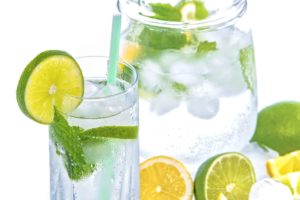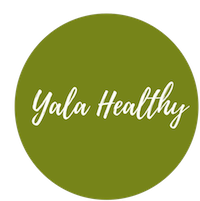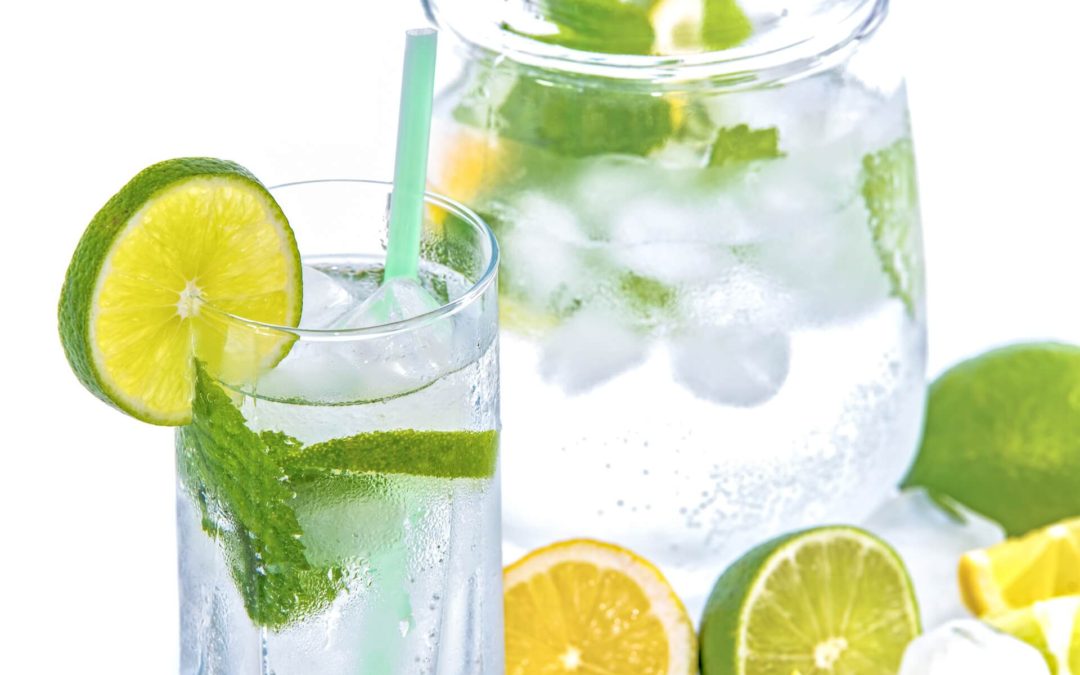We are fast stumbling towards summer here in Doha, which usually means that everyone is frantically trying to get their summer bodies ready. With most people reaching for quick fixes or popular health trends, one of the favorite “go too” options for people to kick start their slimmer and healthier body, is the ever so popular detox or cleansing diets and regimens. Juice cleanses, colon cleanses, fruit detoxes, sugar detoxes – I’ve seen them all, but do they actually work? What are they supposed to do? Let’s take a look at the science behind them.
Cleanses and detoxes are popular since they promise to clear out nasty toxins from your body and make you healthier. That’s a tall promise.

What cleanses and detoxes promise
A cleanse and a detox are the same thing for the most part of it and have the same basic goals: to remove “harmful” things from your body. Sometimes, they aim to target a specific organ like the liver or colon, and supposedly, detoxing makes you feel better. These detoxes or cleanses usually involve limiting your food intake to pressed juice, avoiding specific types of food, or drinking concoctions of juices that supposedly rid your body of toxins. Rarely do the cleansers describe these toxins in detail.
There are far too many of these cleanses and detoxes to dig through. One of the most longstanding cleansing programs out there, starts off by asking the user to consume a herbal laxative tea both morning and night. This is then followed by a saltwater wash. After this, the user then consumes 6 to 12 glasses of lemonade (made with lemons and maple syrup in exact proportions), with a small amount of cayenne pepper. Sounds gross right? Well it might be worth it if you believe the claims of the product, that following this cleanse can rid the body of any type of disease or disorder.
Most cleanses, as summed up by Kamal Patel, nutrition researcher with a MPH and MBC from John Hopkins University: “What ties these diets together is a dual aim: weight loss plus a notion that we have built-up toxins in the body which are slowing us down and possibly killing us. So a typical cleanse, let’s say of juice only, is meant to shift your intestines away from digestion and absorption and towards ridding the body of toxins. That’s where the benefits are claimed to lie, but they may actually lie elsewhere.”
What happens in your body when you’re on a cleanse?
We are all aware that fruit and vegetables are good for us, so following the logic suggests that a diet of just fruit and vegetables must be super healthy, right?
Not really. If you drink nothing but juice for a week, you’ll lose weight, but it’s because you’re not eating, not because your body is “detoxing”. Water is stored in your muscles with glycogen. When you eat a low-calorie diet, you use up those glycogen stores and lose the water weight with it. You will gain the water weight right back when you go back to a regular diet. You are also missing out on all those vital nutrients like fat, fiber and protein. In fact, some cleanses advise you to avoid exercise when you are on them because your caloric intake is so low, which leads to fatigue and dizziness.
After a few days, your body is basically running on fumes, and without adequate protein intake, your body will start to break down muscle tissue instead. Most importantly, a juice cleanse doesn’t do anything that your body doesn’t already do on its own. Our bodies are pretty good at removing toxins. If they weren’t, and you needed a yearly cleanse, we’d probably all be dead.
Whilst most of these cleanses and detoxes aren’t necessarily dangerous, they can cause some problems. Since juices don’t include much fiber, the body end up absorbing more fructose sugar, which holds its own health concerns.
Better alternatives to cleanses
So since cleanses don’t really do anything productive and a special juice mixture wont remove toxins from your system. That doesn’t mean you can’t do other things to get your health back on track or in gear for a new year.
In fact, the concept of a cleanse is basically just a reboot of your diet. Doing a “food reset” is always a great start. That is, going back to the basics of healthful eating. Mainly focusing on eating whole, minimally processed, largely plant-based foods to re-accustom the taste buds to more subtle flavors. Nutrition and health is about the big picture. What you do for five or seven days out of the year is pretty inconsequential.
Rather than detoxing, we should focus on thinking about eating nutritious, health-promoting foods on a daily basis. Think leafy greens, beans, whole fruit, nuts and seeds. The idea of a year’s bad eating, or even 6 months of bad eating, that can be undone or somehow remedied by drinking nothing but green juice for 72 hours, is erroneous.
Likewise, an actual fast, as in just drinking water, has some research showing that it’s useful. Ample research demonstrate the effect of fasting on longevity, promoting autophagy, reducing mitochondrial oxidative stress, general decrease in signals associated with aging, and the potential to prevent and treat chronic illnesses. Intermittent fasting may be a viable option for those otherwise looking at specific cleanse diets. You basically limit eating to a few hours a day (typically 8). That is a simple, sustainable way of eating and doesn’t involve buying cleansing products.
Health and nutrition might at times seem like a confusing mess, but a healthy diet is really all you need. Not a gimmick, not a week long cleanse, not a detox. Make this the year that you give your diet a full reboot.


